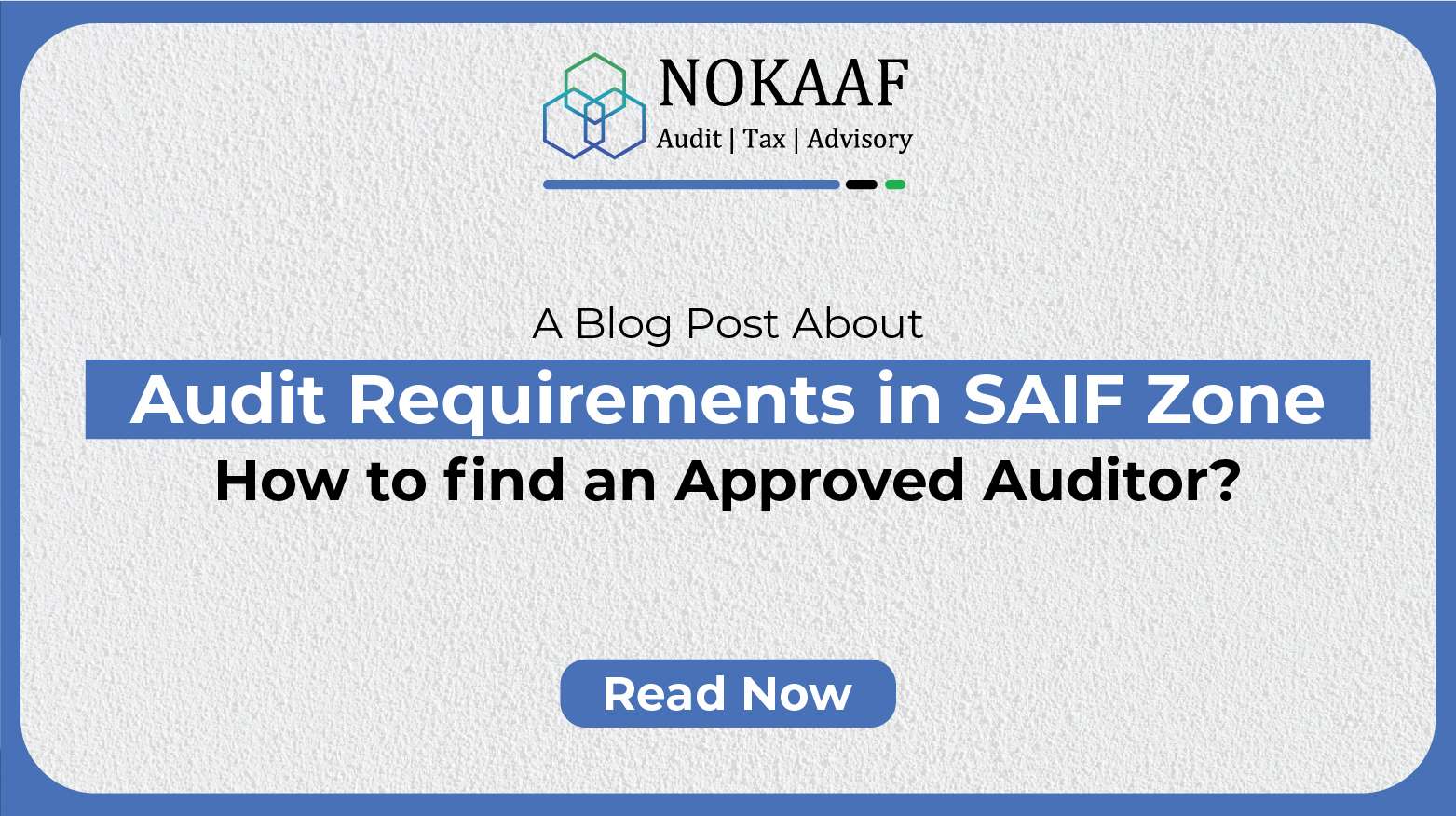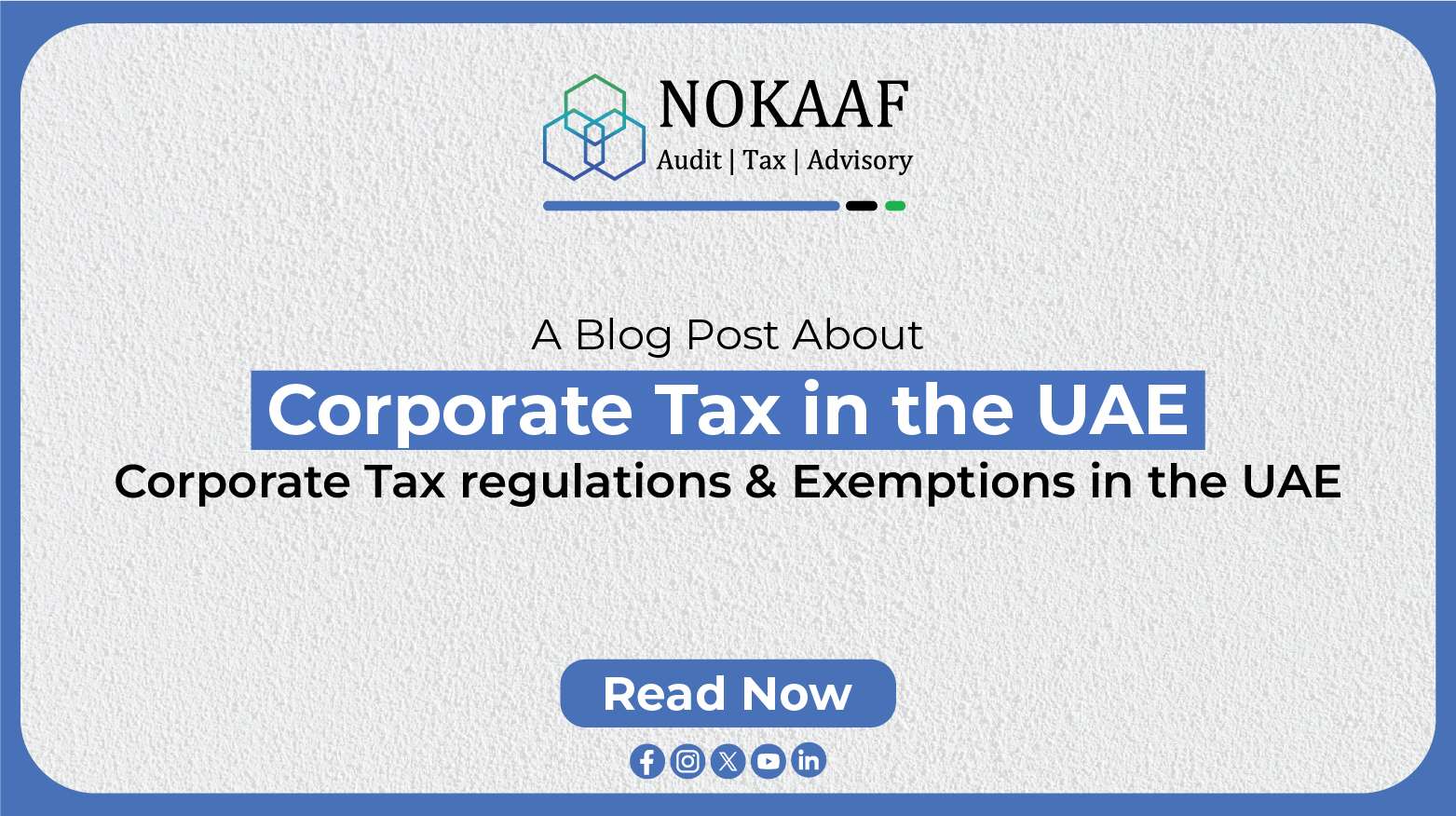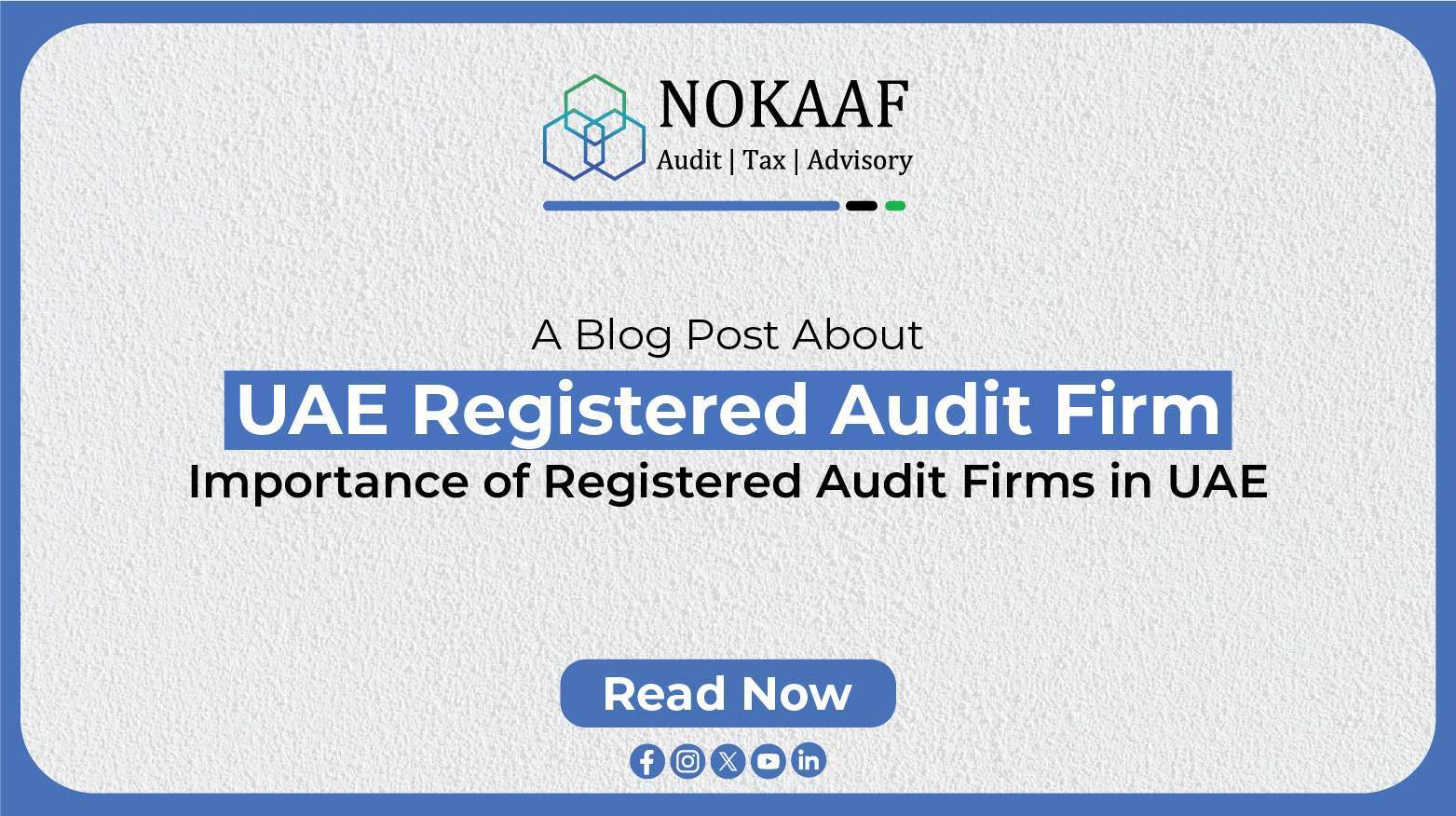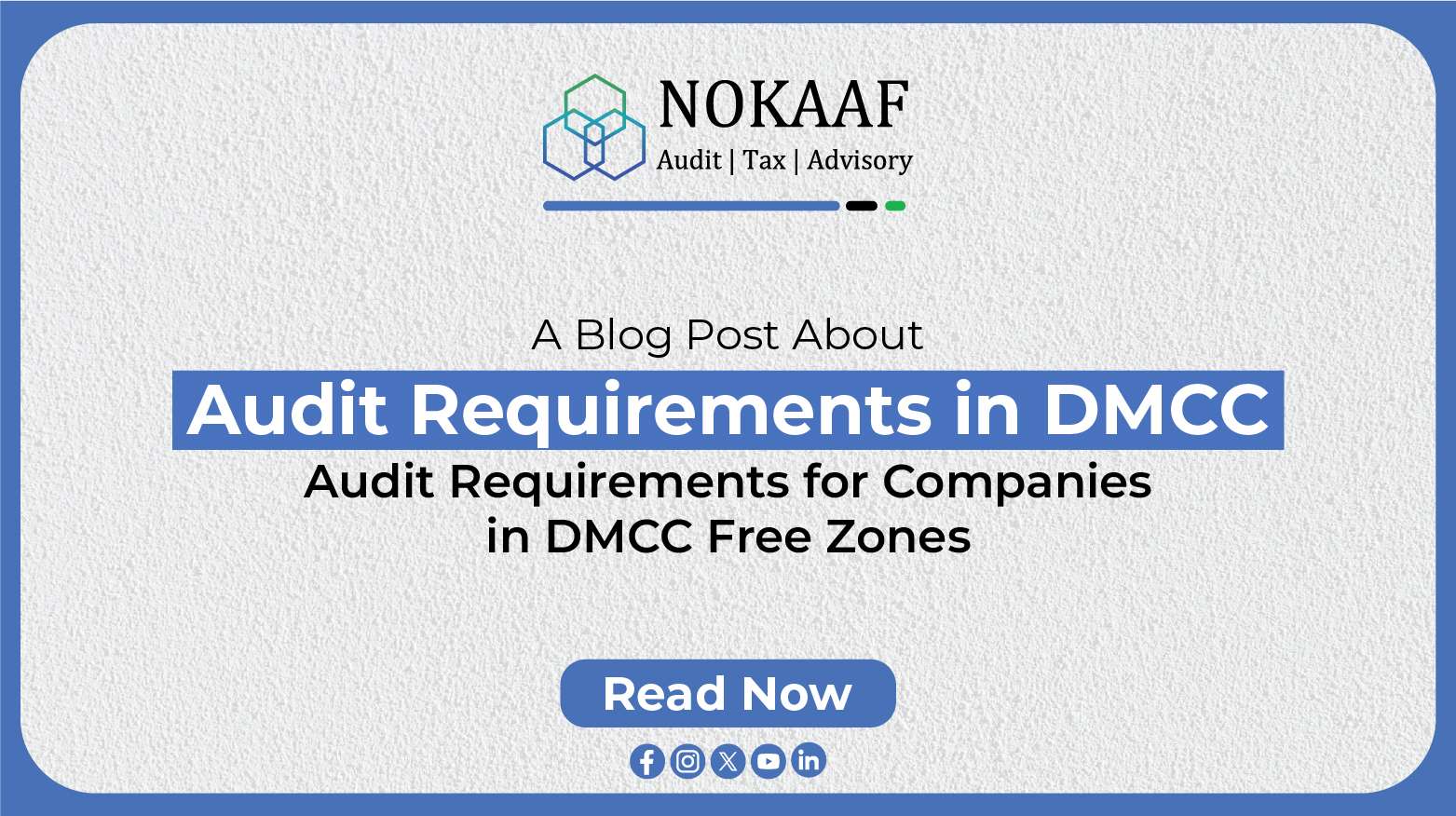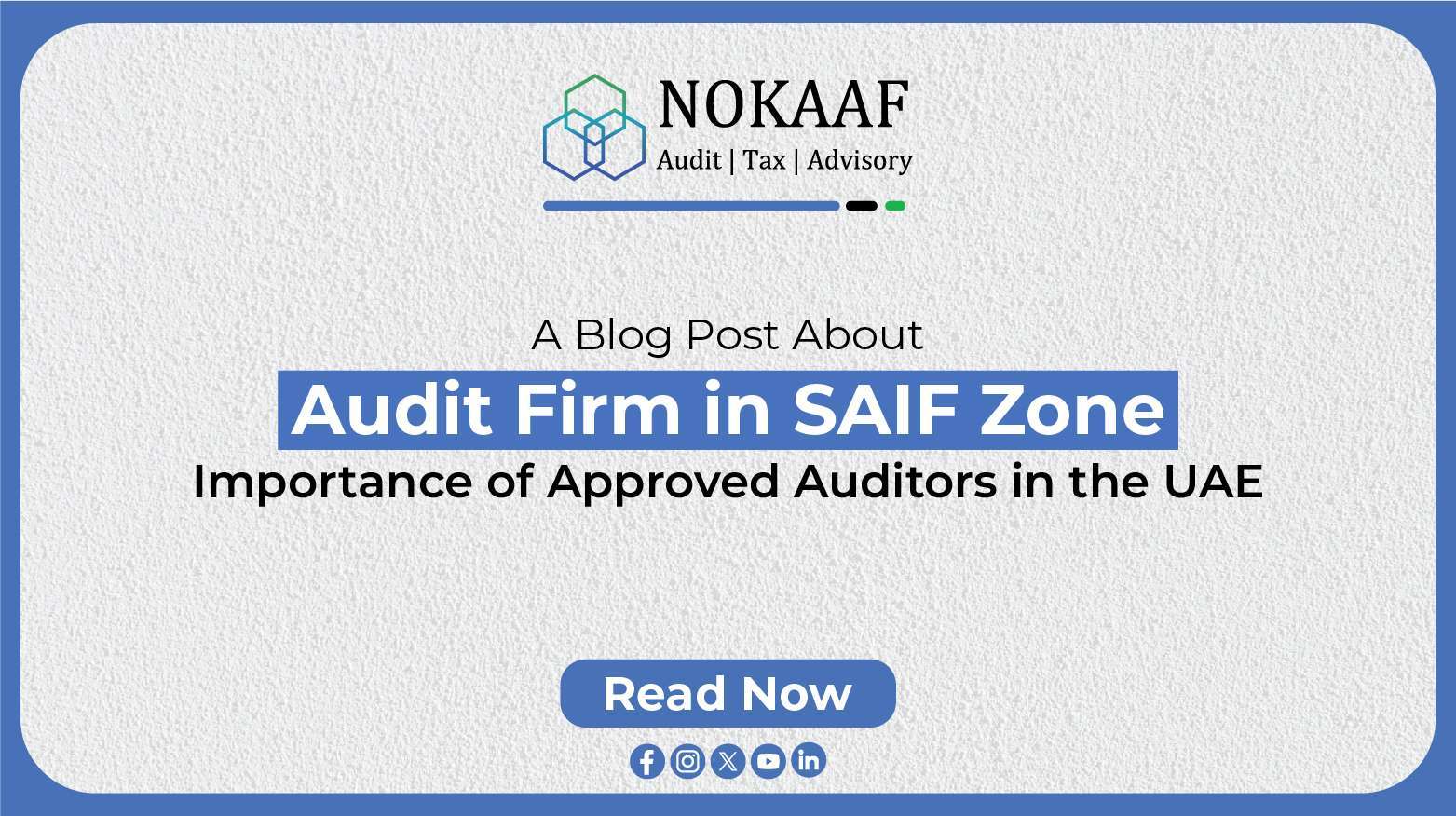Introduction
The Sharjah Airport International Free Zone (SAIF Zone) stands as a beacon for businesses seeking a strategic location for their operations. As companies flock to this free zone for its business-friendly environment, it becomes imperative to delve into the audit requirements that govern financial transparency and compliance within SAIF Zone. In this comprehensive guide, we explore the intricacies of SAIF Zone audit guidelines and shed light on the pivotal role of approved auditors in ensuring adherence to financial reporting standards.
Understanding SAIF Zone’s Regulatory Framework
Sharjah Airport International Free Zone (SAIF Zone), known for its pro-business policies, has established a robust regulatory framework to maintain financial integrity and foster a trustworthy business environment. Compliance with SAIF Zone accounting and audit regulations is mandatory for businesses operating within the free zone.
Audit Requirement in SAIF ZONE
Audit Regulatory Compliance in SAIF ZONE
- According to the implementing regulations of SAIF Zone, a company registered under SAIF Zone has to prepare financial statements and get the same audited and submit to SAIF Zone within six month from the end of the relevant financial year of the company.
- Audit requirement is for the FZE & FZC companies registered under SAIF Zone
- Audit reports are to be submitted online via Investors Portal.
Key SAIF Zone Audit Guidelines
1. Financial Reporting Standards:
SAIF Zone adheres to stringent financial reporting standards to ensure transparency and consistency in financial statements. Approved auditors play a crucial role in verifying compliance with these standards, which may include International Financial Reporting Standards (IFRS) or other recognized frameworks.
2. External Audit Process:
The external audit process in SAIF Zone involves the examination of financial statements by an independent auditor. This process ensures that financial information is accurate, reliable, and in conformity with the prescribed standards.
3. Auditor Approval in SAIF Zone:
Businesses operating within SAIF Zone must engage approved auditors for their external audits. Auditor approval in SAIF Zone is a meticulous process, with auditors required to meet specific criteria to be recognized and authorized by the free zone authorities.
4. Corporate Auditing Procedures:
SAIF Zone imposes corporate auditing procedures to assess the financial health and compliance of businesses. These procedures may include thorough examinations of financial records, internal controls, and adherence to statutory requirements.
5. Financial Compliance Checklist:
SAIF Zone businesses must adhere to a comprehensive financial compliance checklist, covering various aspects of financial reporting and transparency. Approved auditors play a pivotal role in ensuring that businesses meet these compliance standards.
Approved Auditors for SAIF Zone Businesses
The selection of an auditor in SAIF Zone is a critical decision for businesses. Only approved auditors, meeting specific criteria set by the free zone authorities, are eligible to conduct external audits. These auditors are not only experts in the field but also exhibit a high level of professionalism and integrity.
Criteria for Approved Auditors in SAIF Zone
1. Expertise:
Approved auditors in SAIF Zone must demonstrate a high level of expertise in auditing practices. This includes a thorough understanding of financial reporting standards, auditing procedures, and the ability to provide accurate and reliable assessments.
2. Authoritativeness:
The authoritativeness of an approved auditor is crucial for instilling confidence in the audit process. SAIF Zone places emphasis on auditors who possess the authority to perform audits and make informed judgments on financial matters.
3. Trustworthiness:
Trust is the foundation of any audit process. Approved auditors in SAIF Zone are expected to uphold the highest standards of trustworthiness, ensuring that their findings and recommendations are fair, unbiased, and in the best interest of financial transparency.
SAIF Zone Compliance Audits: Ensuring Business Integrity
Compliance audits in SAIF Zone go beyond financial reporting standards. They encompass a broader spectrum of regulatory requirements, including corporate governance, statutory obligations, and internal controls. These audits are essential for safeguarding the reputation of businesses within the free zone and maintaining a high level of corporate integrity.
Internal Audit Guidelines in SAIF Zone
While external audits are mandatory, SAIF Zone also encourages businesses to conduct internal audits as a proactive measure. Internal audit guidelines in SAIF Zone focus on continuous monitoring of financial processes, risk management, and adherence to compliance standards. This dual approach ensures a robust financial control environment within the free zone.
Statutory Audit Process in SAIF Zone
The statutory audit process in SAIF Zone is a structured examination of a company’s financial records to ensure compliance with relevant laws and regulations. This process is not only a legal requirement but also a means to instill confidence in stakeholders, including investors, creditors, and business partners.
SAIF Zone Tax Compliance Auditing
Tax compliance is a crucial aspect of business operations, and SAIF Zone is no exception. Approved auditors play a pivotal role in ensuring businesses comply with tax regulations, both at the national and free zone levels. This includes thorough reviews of tax returns, documentation, and adherence to prescribed tax policies.
Conclusion
In navigating the audit requirements in SAIF Zone, businesses must prioritize engaging approved auditors who possess the expertise, authoritativeness, and trustworthiness required by the free zone authorities. Adhering to SAIF Zone audit guidelines and compliance standards not only ensures regulatory compliance but also fosters a business environment built on transparency, integrity, and financial accountability. As SAIF Zone continues to attract businesses seeking a strategic base, understanding and complying with its audit requirements are indispensable for sustained success in this thriving economic hub.

